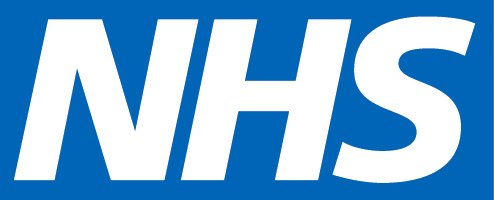
16 Oct, 2015/ by National Accident Helpline /Legal and Consumer News, News
Cost-cutting measures and understaffing are contributing to a need to improve the care being given in 65% of hospitals, according to the Care Quality Commission's annual State of Care report published today. The Commission, which monitors, inspects and regulates health and social care services in England, has reported on its assessments of 151 hospitals made as part of a new ‘Ofsted'-style inspection programme which began in April 2014 and is due to be completed by April 2016.
Figures revealed in the report indicate that some 57% of hospitals require improvement, while 8% were rated as inadequate. Just 38% of hospitals were rated ‘good' or ‘outstanding'.
A £4.6bn cut in social care funding has placed increased pressure on hospitals, particularly A&E departments, which have seen a rise in admissions. It emerged last week that NHS trusts have amassed a £1bn deficit in the first three months of the financial year, attributed to the high cost of agency staff brought in to combat understaffing, rising patient numbers and a squeeze on NHS budgets.
The report also covers care in other settings, with 10% of social care settings and 6% of GP surgeries rated as unsafe or ‘inadequate'.
Examples of poor care included:
- A&E patients left overnight on a trolley in a portable unit without proper nursing assessment
- Patients being restrained or sedated illegally
- Medicines being stored at the wrong temperature
- Medicines being given to patients without checking their identity
Responding to the report, Nigel Edwards, chief executive of the Nuffield Trust thinktank, said "Today's report lays bare the dilemma facing the NHS: how to maintain essential standards of quality and safety while grappling with squeezed finances and staffing problems."
The majority of care being given across the NHS was good, said David Behan, Chief Executive of the Care Quality Commission, but safety is a key concern for the organisation, which pledges to hold failing hospitals, GP surgeries and care settings to account. "We have found dedicated staff working hard to treat people with care, compassion and dignity.
“However, we have also found a wide variation in the quality of care people receive. Alongside good care we have seen examples of poor and unacceptable care and we rated 7% of care as inadequate.
"A key concern has been the safety of the care - a failure to learn when things go wrong, or not having the right number of staff in place with the right skills. Where people are not receiving the quality of care they deserve, we will demand action.”
Responding on behalf of the government, health secretary Jeremy Hunt said:
"We want to make our NHS the safest healthcare system in the world. There are some excellent examples of high quality care across the country but the level of variation is unacceptable.”
“That's exactly why we set up CQC's independent inspection regime which shines a light on poor care to drive up standards.”